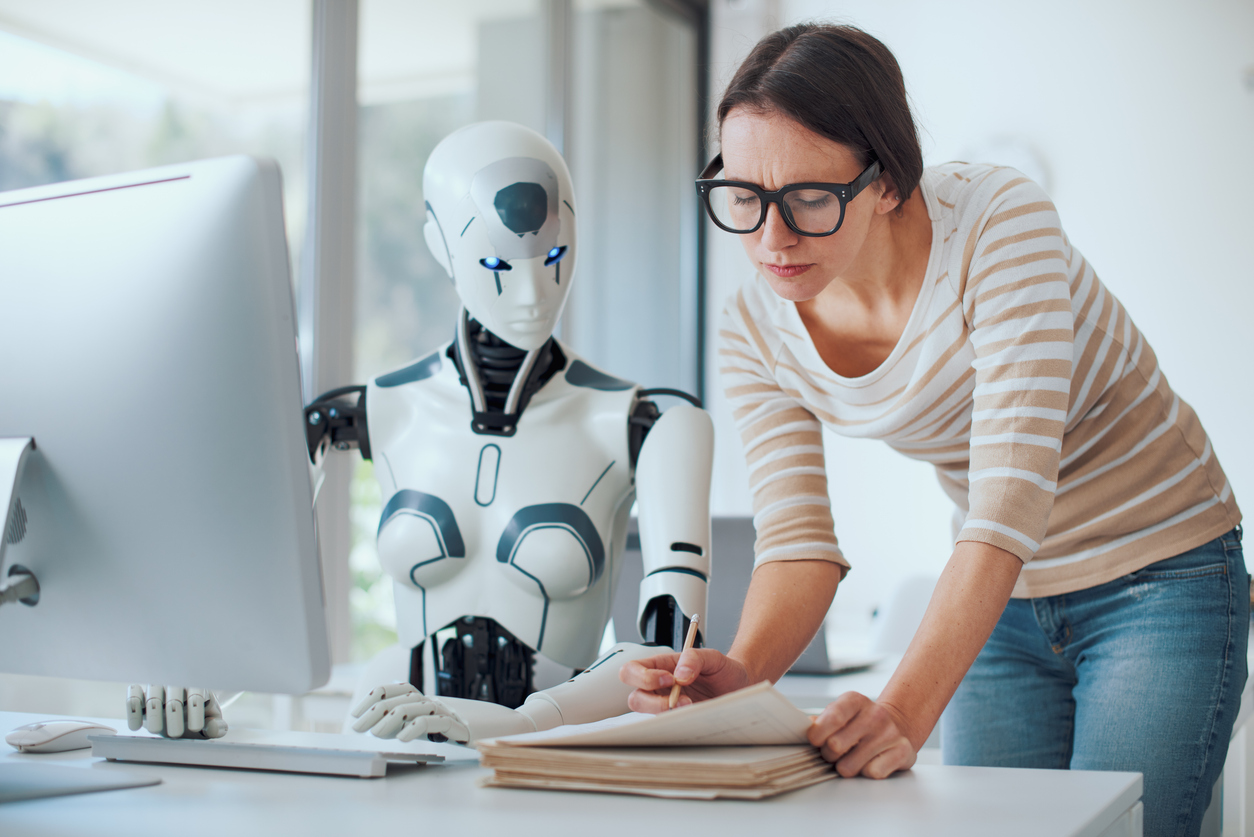The transformative power of artificial intelligence in SEO is undeniable. The question is no longer if AI will impact SEO, but how. In this article, we will explore AI's influence on SEO, from transforming search algorithms to enhancing content strategies, and discuss how to adapt and balance AI with human expertise. SEO will remain a critical strategy in digital marketing, and AI is set to amplify its impact.
AI's Influence on SEO
AI-powered algorithms have revolutionised SEO by improving search result accuracy and personalisation. These algorithms leverage machine learning to understand user intent—the primary goal behind a user's search query—and deliver more relevant results.
Search has evolved from basic keyword matching to semantic search, which considers user behaviour and the meanings behind words or phrases. AI helps search engines interpret context, analysing language not just by surrounding text but also by situational usage, cultural aspects, and intended meaning.
As search technology advances, AI's role in shaping the future of SEO becomes more significant.
Content Creation and Optimisation with AI
Generative AI has transformed content creation and optimisation, making it faster and enhancing content quality and relevance, thus boosting SEO performance. However, human creativity remains crucial.
Balancing Human Expertise and AI in SEO
Human expertise adds a unique, engaging and authentic quality to content, helping it stand out in a competitive market and building trust with your audience. As the SEO landscape evolves, balancing human creativity with AI's data processing capabilities is essential. This involves maintaining the human touch in content creation while using AI to enhance SEO strategies and better align with user intent.
While AI-generated content is efficient and cost-effective, human-driven content brings creativity, emotions, and unique perspectives that AI cannot replicate.
Adapting SEO Strategies for the AI Era
As we enter the AI era, adapting your SEO strategies to incorporate AI-driven tools is crucial. These tools automate tasks, improve search rankings, and enhance user experience.
Focusing on user intent and personalisation is also key. Prioritsing these elements ensures that content is relevant, captivating, and tailored to users' specific needs and preferences, leading to improved search rankings and increased website traffic.
Embracing AI-Driven Tools
AI-driven tools can automate SEO tasks by analysing data, providing recommendations, and executing actions to improve search engine rankings.
Start with a comprehensive site audit to identify and address technical issues. This foundational step ensures your website is ready for further optimisation.
Next, use AI tools for keyword research to uncover relevant, high-potential long-tail and user-intent keywords, including those used by competitors. This research informs your content optimisation, ensuring it meets search engine algorithms and user needs.
Regularly update your content strategy based on AI tool insights to maintain relevance and quality.
Analysing your backlinks is also essential; a robust backlink profile is crucial for SEO success. Use AI tools to monitor backlinks and identify opportunities for acquiring additional quality backlinks.
Remember, SEO is an ongoing process. Regularly review performance metrics to refine your strategies.
Focusing on User Intent and Personalisation
In the AI era, understanding your audience's needs and behaviours is vital. Analyse keywords using AI tools to understand their search volume and the underlying intent, such as informational or transactional queries. This analysis helps craft content that aligns with user needs.
Mapping the user journey from discovery to conversion provides valuable insights into the types of content needed at different stages.
By focusing on user intent, personalising content, and continually adapting to user feedback and AI advancements, you can create a more engaging and effective SEO strategy that resonates with your audience.
Summary
AI is transforming SEO, making it more efficient and user-centric by improving search accuracy, optimising content creation, and helping focus on user intent. Embracing AI tools while balancing human expertise is key in this era. SEO will continue to be a major factor in digital marketing, and its future is AI-driven.



.jpeg)


